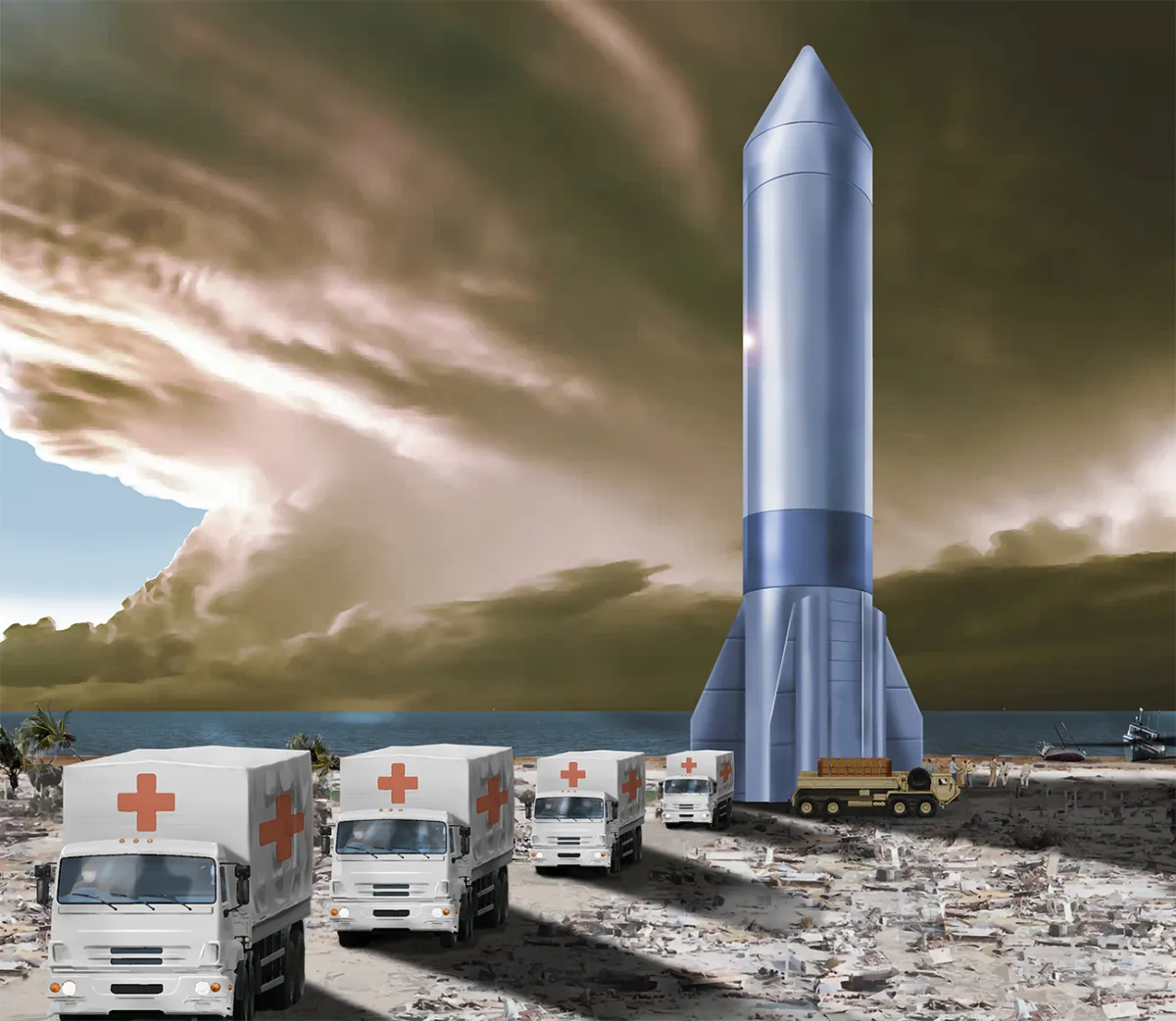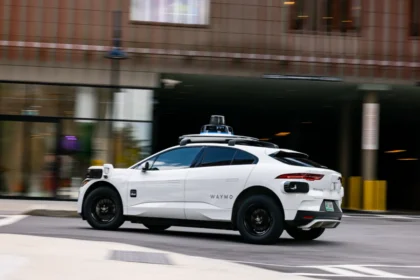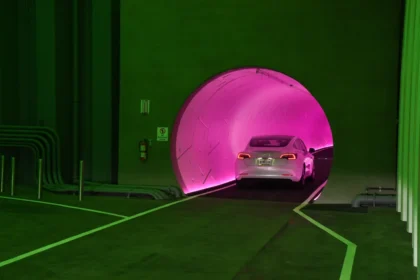Blue Origin and Anduril have secured new study contracts with the U.S. Air Force to explore how their technology, including rockets, could be used to move military cargo around the world.
The contracts were awarded under the Air Force’s Rocket Cargo program, with Blue Origin receiving $1.37 million and Anduril receiving $1 million. While relatively small, these awards may lay the foundation for how the Pentagon transports military cargo in the future. Such study contracts often serve as early signals of which companies could later compete for larger funding rounds.
Anduril’s award is particularly notable, as it suggests the defense startup is entering a completely new business line.
The contracts fall under the Air Force Research Laboratory’s Rocket Experimentation for Global Agile Logistics (REGAL) program. Blue Origin did not respond to requests for comment, while Anduril directed inquiries to AFRL.
REGAL is part of a broader Rocket Cargo program that focuses on “delivery as a service” through orbital transport. The Air Force envisions procuring these capabilities much like it contracts with commercial airlines, aiming to prove the feasibility of reusable rockets, reentry systems, and cargo transportation that could deliver supplies to remote or hard-to-reach locations in under an hour.
Blue Origin’s contract centers on an analysis of how its technology could support “point-to-point material transportation.” The work will take place in Merritt Island, Florida, home of the company’s heavy-lift New Glenn rocket development.
Related: SpaceX Starship Launches Could Disrupt Florida Air Travel, FAA Warns
Anduril’s design study, meanwhile, falls under a separate call for proposals focused on “Payload Reentry from Space Development and Demonstrations.” According to public listings, Anduril will study how to build a reentry container capable of carrying five to ten tons of payload. The container must survive atmospheric reentry, protect its contents, and integrate multiple government-defined payloads.
Reentry technology is a challenging field, with only a few companies like SpaceX and Varda Space Industries developing capsules capable of safely returning cargo from space.
These contracts follow Rocket Lab’s earlier REGAL award, which includes a planned flight demonstration. The Air Force has not released details about the size of that award.
If successful, rocket cargo services could allow the Pentagon to purchase “delivery as a service,” enabling massive loads to ride commercial rockets and return inside capsules for quick offloading. Over time, the program could even extend to point-to-point human transport.







